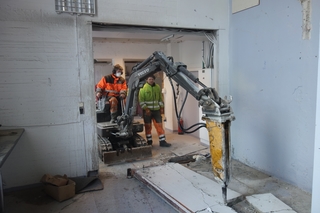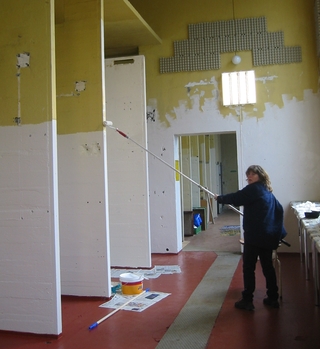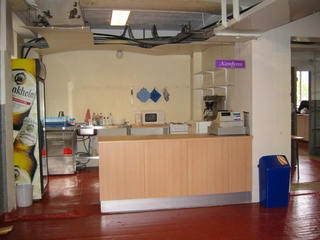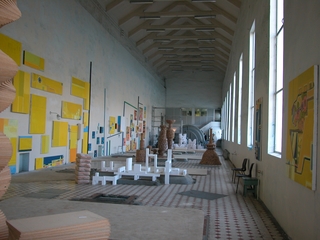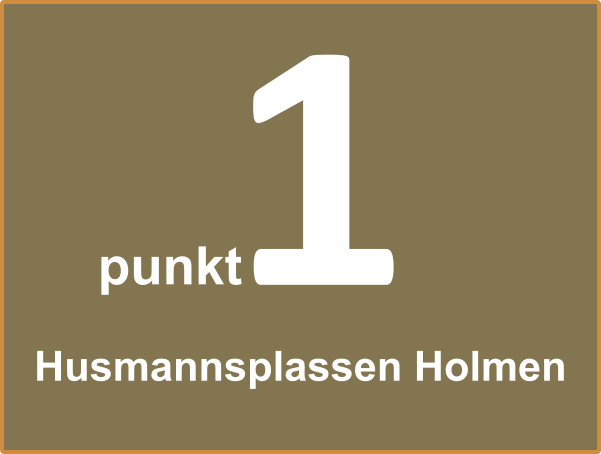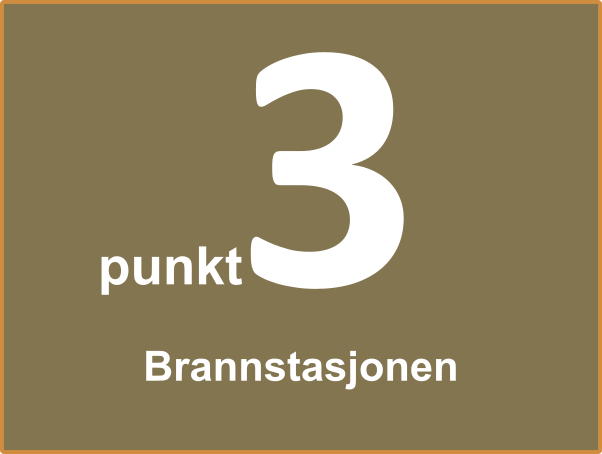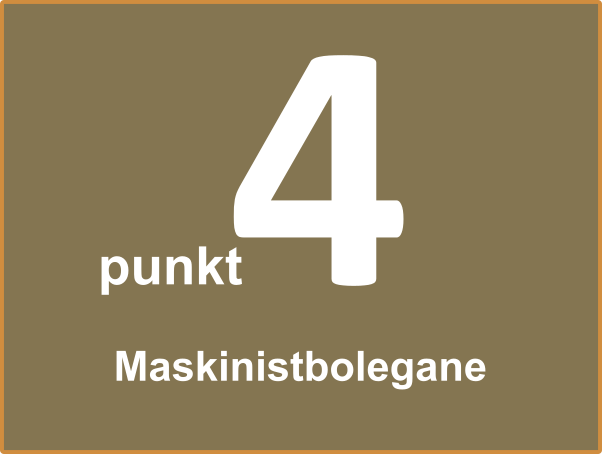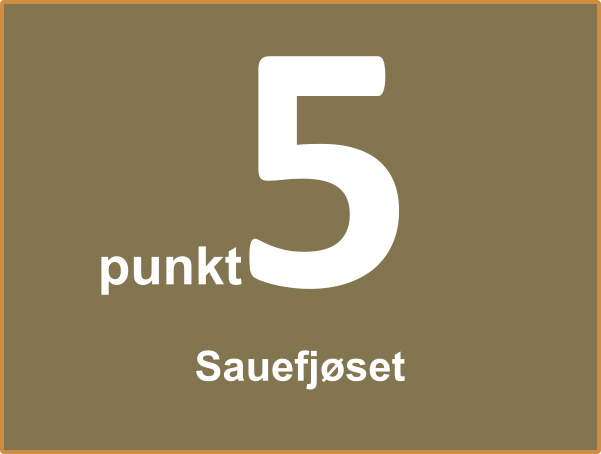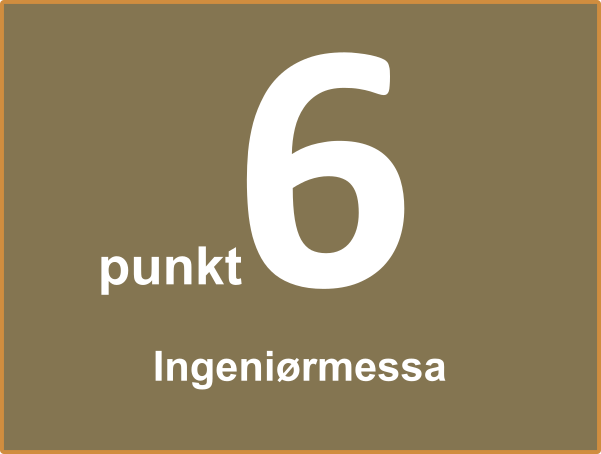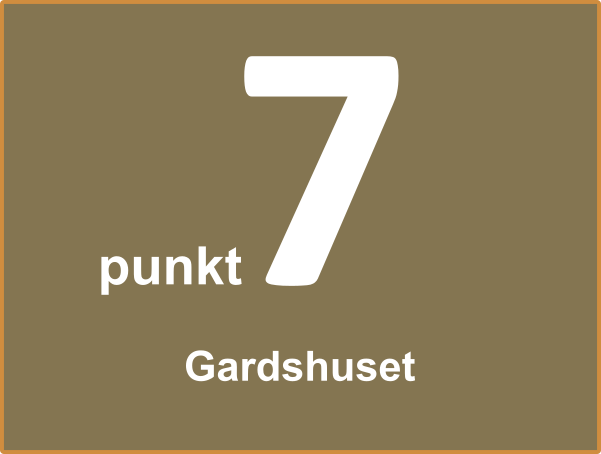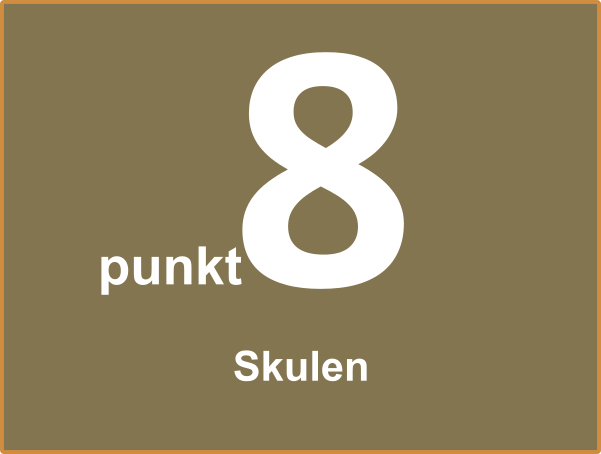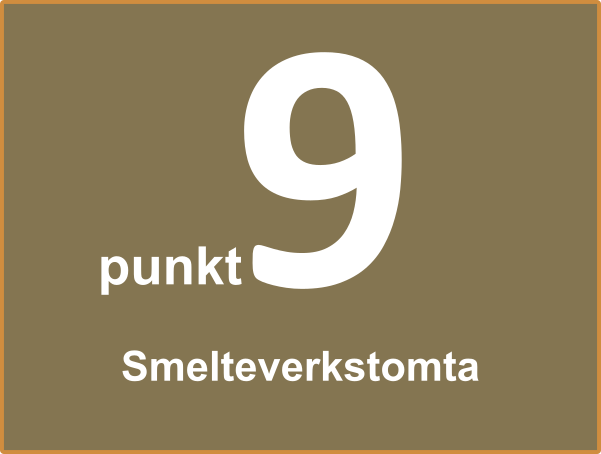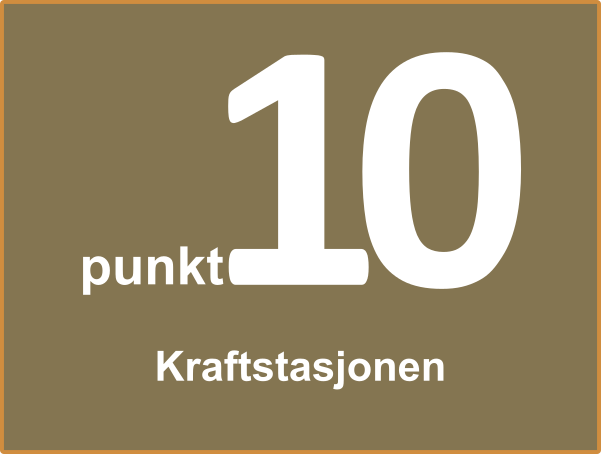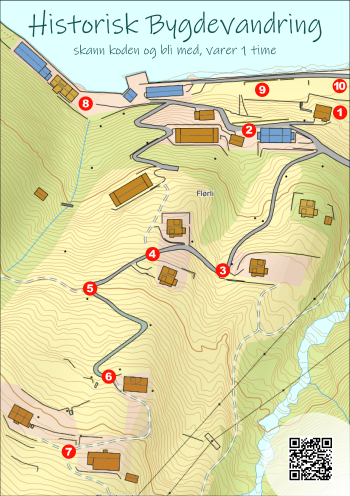Punkt 10 – Kraftstasjonen
[norsk oversettelse kommer] In the summer of 1999, the historic power station in Flørli was closed. The workers who watched over it moved to Lysebotn. The houses had been left to the care of Stavanger municipality. They were empty. Just a few times per week workers would be in to check on the new automated station inside the mountain.
Lyse Kraft though, was not through with Flørli: they needed to tear down the historic power station, remove the stairs and pipelines and installations in the mountain which were now obsolete. This was one of the conditions from back then for establishing the station. So Lyse set about doing so, removing some houses at Ternevatn (top of the stairs), severing all electrical circuits and removing four out of five turbines. By this time the historic power station was already almost a century old and has been of significant value to the region. Lyse’s intent to tear it all down thus did not go unnoticed and was soon followed by a public outcry to preserve the heritage.
Just as they were about to remove the station itself and the stairs, the politicians in Stavanger managed to stop this in 2000. The Stavanger turistforening, the hiking association which already serviced a cabin in Flørli, was permitted to start a café and to rent out more of the houses in the village from 2001. Just a few visionary enthousiasts and many volunteers stood behind these efforts to bring new life to the village. Flørli was not a known or popular tourist place back then.
Over time and after many renewed attempts by the turistforening and successors who stepped in their shoes, tourism indeed did pick up and Flørli 4444 is today a viable, though seasonal business with about 20.000 visitors each summer. In 2019, Lyse agreed to pay 11 million crowns to the municipality of Stavanger to free itself of further obligations. Our hope is that this money will be spent on preserving the historic power station, the houses and the stairs as we’re chronically short of funds.
Pictures below from establishing the café, the first café kitchen and one of many art exhibitions organised since 2003.
